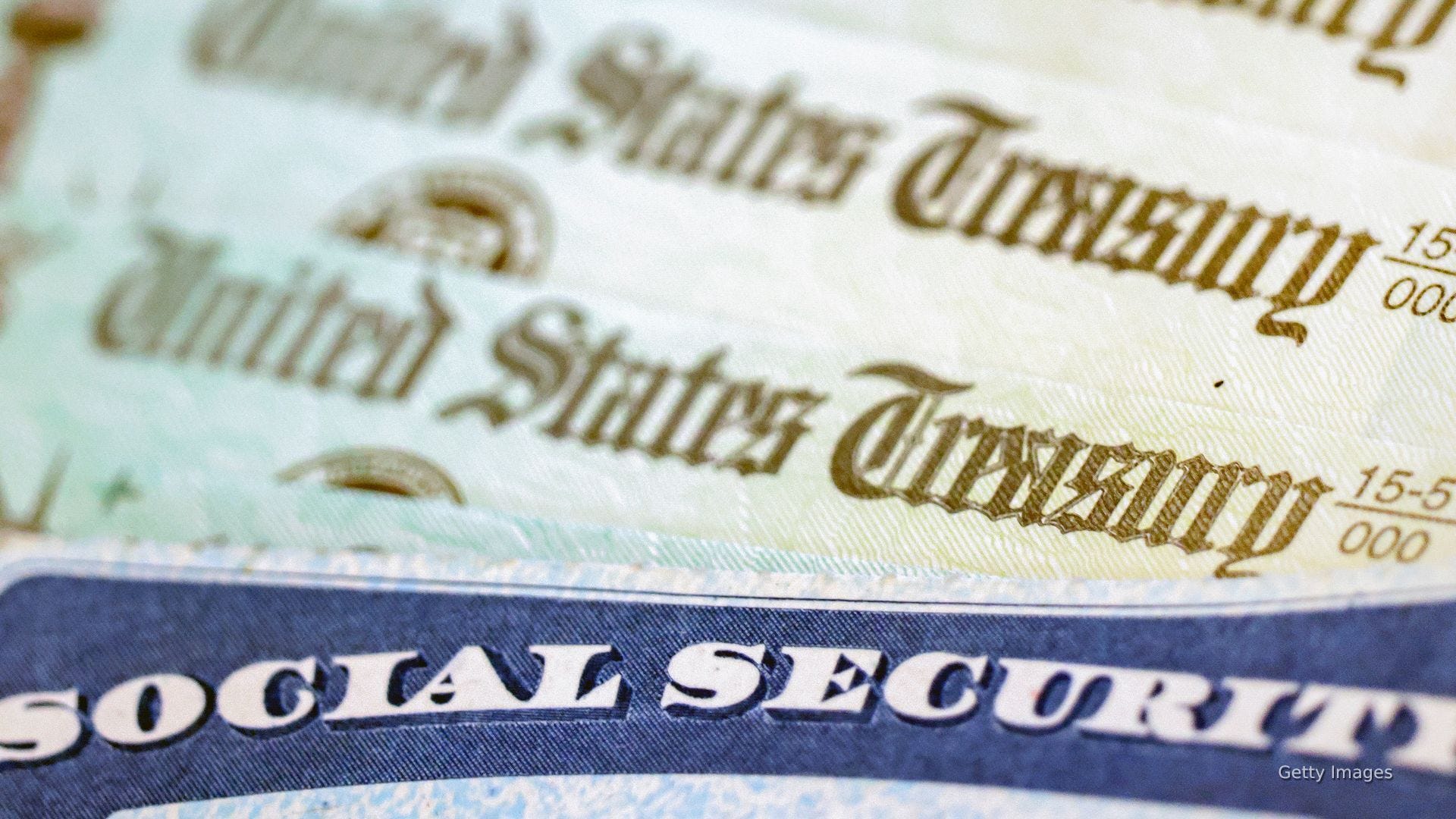Judge blocks Elon Musk's DOGE from Education Dept. personnel information

WASHINGTON − A federal judge on Monday temporarily blocked Elon Musk's DOGE from access to sensitive Education Department information, saying the Trump administration's cost-cutting arm hadn't explained why it needs access to the records.
U.S. District Judge Deborah Boardman granted a temporary restraining order against the government until March 10, ruling that “unauthorized disclosure of the plaintiffs’ sensitive personal information to DOGE affiliates is irreparable harm that money damages cannot rectify.” She also said the Office of Personnel Management can’t disclose the information.
The White House did not immediately respond to a request for comment. But Trump and Musk have criticized judges for blocking access to one part of the executive branch from another part of the executive branch. Musk has suggested impeaching judges, but White House press secretary Karoline Leavitt said the administration will appeal adverse decisions and eventually win.
The lawsuit is one of several that unions and advocacy groups have brought against the White House Department of Government Efficiency to prevent access at several fedearl departments. Boardman ruled that because DOGE has been temporarily blocked from Treasury Department systems, she would not rule on that request as part of her case.
DOGE staffers have visited federal agencies to find ways to root out wasteful spending. Under Trump, agencies have fired at least 20,000 workers and continue to search for cost-cutting measures.
A midnight deadline looms for workers to respond to a Musk email asking what they have done for the past week or to resign.
In the education case, four unions – the American Federation of Teachers, International Association of Machinists and Aerospace Workers, National Active and Retired Federal Employees and the National Federation of Federal Employees – had asked the judge to prevent DOGE from gaining access to workers’ Social Security numbers, home addresses, financial records and more.
“Today, the court agreed with our claim that DOGE affiliates do not need to access Americans’ highly sensitive and private data to do their jobs,” Kristy Parker, a lawyer at Protect Democracy, an advocacy group representing the unions, said in a statement. “This ruling is an important step in protecting American’s right to privacy from people who may not have appropriate authority to access it and who may not be using it properly or with adequate safeguards.”
Government lawyers had argued the case was based on "inaccurate speculation" about how the contested information would be used. The unions can't show they would be harmed under the Administrative Procedures Act like individual workers could argue, according to government lawyers.
"Contrary to the rumors on which Plaintiffs rely, none of the Defendants have made any public disclosure, nor violated the Privacy Act in any way," government lawyers said in one filing.